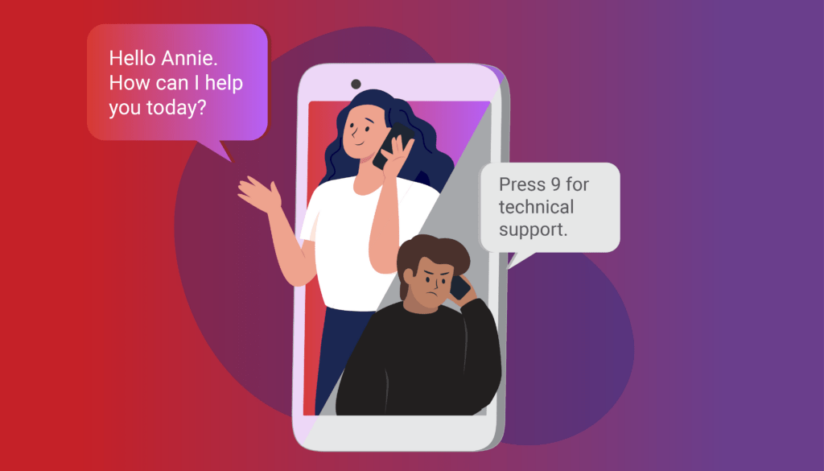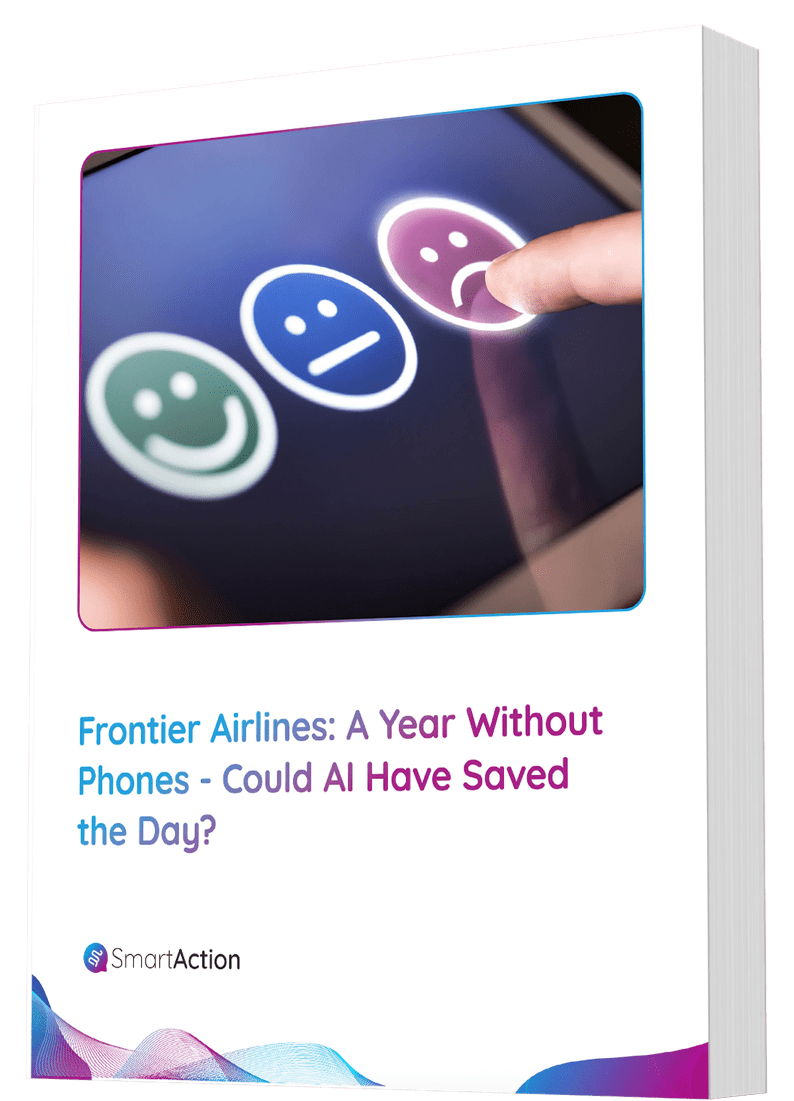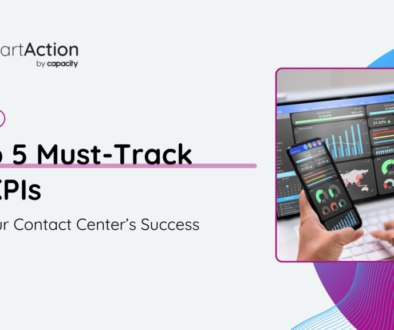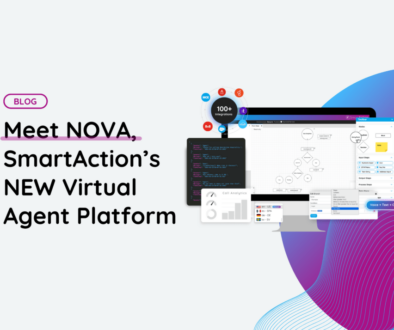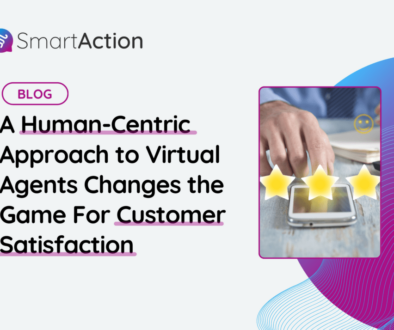The Definitive Guide: IVA vs IVR and What’s Right for Your Contact Center
When it comes to customer service, businesses have a variety of tools at their disposal to make the process as smooth and efficient as possible. Two popular options are Interactive Voice Response (IVR) and Intelligent Virtual Agent (IVA). Each option has a role in customer service depending on what parts of the customer experience businesses want to automate and which parts they want live agents to handle. Understanding the key differences between IVR and IVA is crucial for businesses looking to optimize their customer service. A way to see the differences between IVR and IVA is to learn the pros and cons of each.
Let’s break down the difference between IVR and IVA.
What is Interactive Voice Response (IVR)?
Interactive Voice Response (IVR) IVR is a technology that uses voice prompts to interact with customers. It’s a system that allows customers to use their telephone keypad to navigate through a series of menus and reach the correct department or person. IVR is often used as a first point of contact for customers and is designed to handle routine inquiries and provide information quickly.
IVR Pros
- Typically faster and more efficient than human agents. Customers can quickly get the information they need without having to wait on hold or speak to a live agent.
- Available 24/7. Customers can access the system at any time, making simple customer service interactions convenient
- Cost-effective. There are many IVR solutions commercially available at very low price points. By automating routine inquiries, businesses can reduce their need for live agents, which can lower operating costs.
IVR Cons
- Can be a frustrating customer experience. Navigating through a series of voice prompts and menus may be time-consuming and confusing for some customers.
- Limited capabilities. Customers are provided pre-determined, “robotic” responses for the most basic inquiries.
- Low containment. Most customers will “Press 0” to speak to an agent, especially if their customer service need is more complicated, and not able to be resolved by following a few prompts.
What is an Intelligent Virtual Agent (IVA)?
Intelligent Virtual Agent (IVA) is an artificial intelligence-powered technology that allows customers to interact with a virtual agent through various channels, such as a website, mobile app, or voice assistant.
IVA is designed to provide personalized assistance and handle more complex inquiries than IVR.
IVA Pros
- Personalized and intent. Customers can receive assistance tailored to their specific needs and inquiries because the IVA recognizes who the customer is and understands the intent for the call.
- Full front door, available 24/7. Conversation AI and NLU is configured based on business requirements to handle a wider range of inquiries and provide more detailed answers.
- Available across multiple channels. Customers can access the virtual agent through various channels, making it more convenient for those who prefer to use a specific method of communication.
IVA Cons
- More expensive than IVR. The technology and expertise required to develop and maintain an IVA system is more costly than an IVR system. However, this larger investment will hold a much greater value for the company in many ways, often recouping investment costs many times over.
- Not an “off the shelf” product. More expensive than IVR. IVA is an interactive process that requires care and feeding.
What’s biggest difference between IVR and IVA?
Both technologies are automations, designed to help customers solve problems, the biggest difference is that IVA is powered by artificial intelligence. The AI-powered virtual agent is able to mimic human conversations and contribute to solving more complex customer problems on the first pass at higher success rates. This big difference is the customer experience the technologies can deliver during the service interaction.
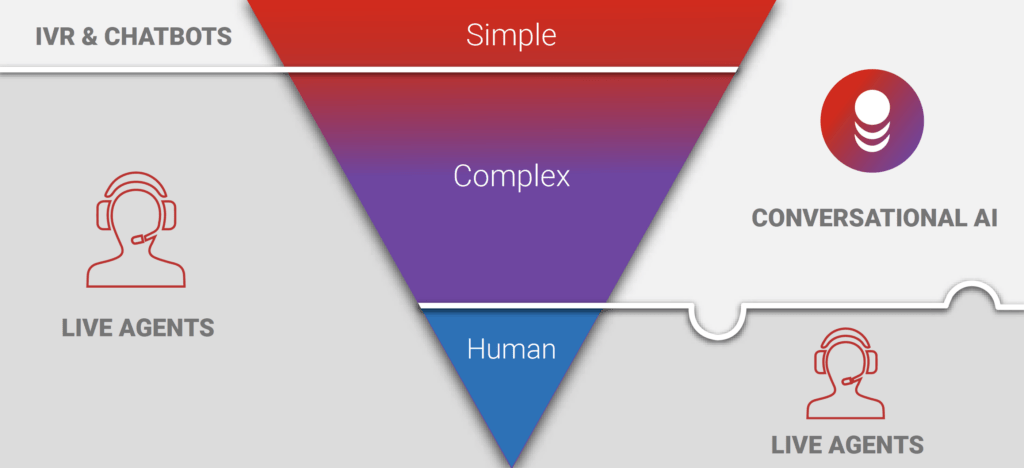
Businesses need to consider their specific customer service needs and customer experience goals. If speed and efficiency are top priorities, IVR may be the way to go. On the other hand, if personalized assistance and the ability to handle complex inquiries are important, IVA is definitely the better option.
What’s the best solution for the contact center?
While IVR has served as a staple customer service technology for years, its capabilities are limited to simple interactions and can sometimes lead to customer frustration. IVR may still be the best choice in situations where only the most basic information is needed or available, or when companies’ budgets won’t allow the investment of higher technology. IVA is a more advanced technology that offers a far superior customer experience. With its natural language processing and machine learning capabilities, IVA can handle complex interactions and provide personalized service to customers. As customer expectations continue to evolve, IVA is likely to become the preferred choice for businesses looking to provide the best possible customer experience.
For even more information on the differences between IVA and IVR, check out this blog post!

Since 2002, SmartAction has helped 100+ industry-leading brands streamline their contact centers and take their customer experience to the next level through AI voice, text, and chat.
Discover why we’re the top-rated Virtual Customer Assistant solution on Gartner Peer Insights and have been named “The Leader in AI-enhanced Self-Service,” by Frost & Sullivan.
GET IN TOUCH
See How We Can Help You Exceed your CX Goals.
Related Content
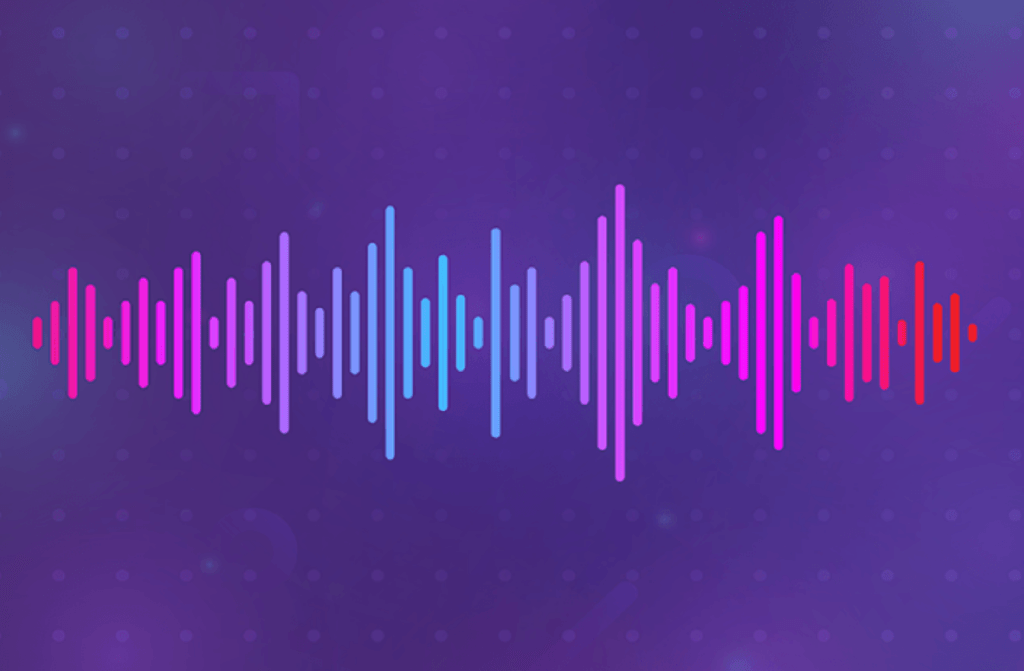
BLOG
IVA is the new IVR
Discover why people are choosing IVA over IVR and how it can take your business to the next level.
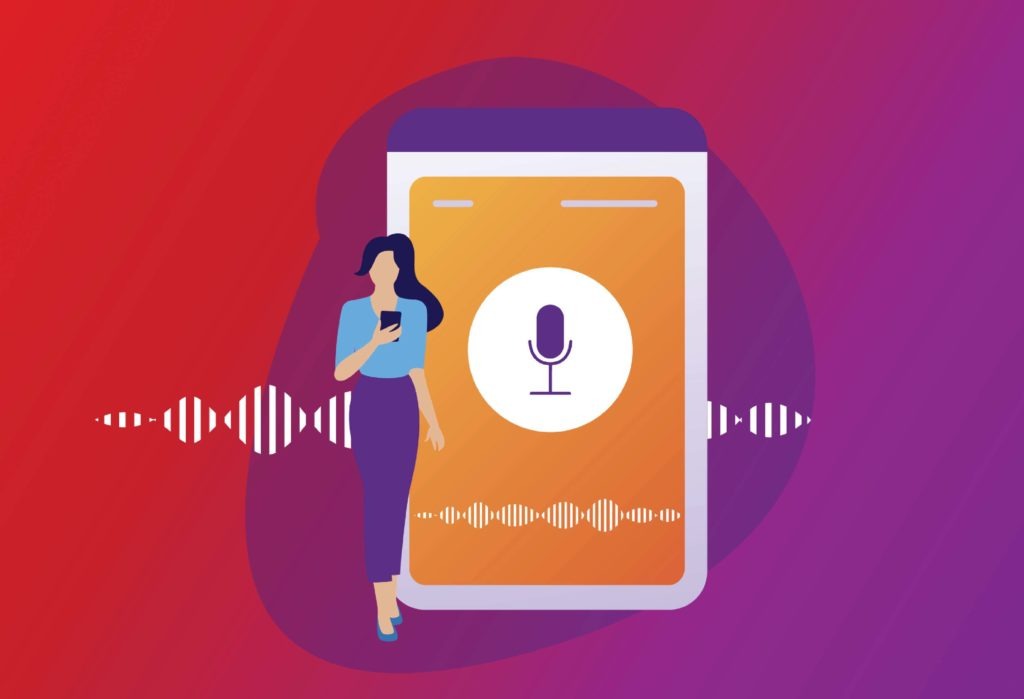
WEBINAR
IVA is the New IVR
Hear how IVA is replacing the traditional IVR with “How can I help you today,” instead of “Press 1”.

BLOG
Three Reasons to Upgrade Your IVR Self-Service
Learn how the right AI can help your live agents, enhance your customer experience, and more.

